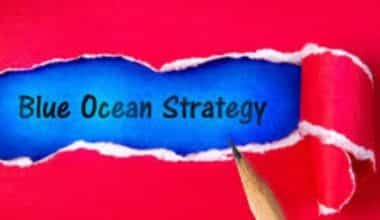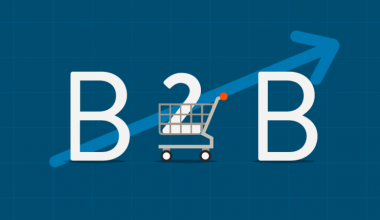So, you’ve decided to start a liquidation business. Great! It is truly an industry with infinite potential and opportunities if you have just the right skill set to look for them. Are you looking to start a liquidation business but aren’t quite sure how it works?
5 Key Skills for Running a Successful Wholesale Liquidation Business
Don’t worry, let us explain the general outline of what exactly liquidation is and what a liquidation business does. Liquidation is essentially when a business or a retailer sells away assets and goods at lower prices to clear out debts. Retailers also do it to clear out space and make a profit off of items that have been sitting on their shelves way past their expected selling periods.
The second situation can come up when customers return items for any number of reasons. This could include customer dissatisfaction, the wrong size, and so much more. And because of this, a product could end up stranded in the back of a warehouse or in one of the liquidation stores eventually.
This is where a liquidation business comes in. The job is to basically buy these assets and products at the cheapest most discounted prices possible and sell them for a satiating profit to drive the business forward. Now, this kind of work requires some specific skills. Here is a list of five important skills required to get into a wholesale liquidation business.
1) Financial Skills
Like any good business, managing your finances is absolutely important to be able to successfully run a liquidation business. Collecting items to grow your inventory and then calculating the profit margin you need becomes key in how your business will grow within the time span of months to years.
A good tip is to buy liquidation pallets, and wholesale units of several items sold or auctioned by retailers. You can establish your own liquidation warehouse once you’ve been in the business for some time. It doesn’t necessarily have to be massive in size, just big enough to store your inventory. With time and success, you can purchase assets of your own and make them storehouses.
2) Resources
Collecting resources is obviously important. Here you’re looking specifically for human resources. People who are willing to buy and sell to you. Getting an account on multiple e-commerce platforms is a great way to begin selling. This will generally get you in touch with millions of people and it’ll get you a lot of interactions.
You can also register on B2B websites to get in touch with other businesses. This will help keep you updated with auctions or when retailers are selling returned or unused extra stock. Be assertive and jump at every opportunity as long as your finances support it.
3) Sorting Taxes
Make absolutely sure you know your stuff while filing for taxes. Not doing things correctly can endanger your entire business in the very near future. While you may not even be slightly interested in tax fraud, some minor mistakes in the paperwork are enough to get you into a lot of trouble.
By managing your finances, keeping the record clean, and making sure you have all the necessary information about tax laws, you can keep your business clean and straight. So to make sure no cops would show up at your door and your inventory would be safe from the prying hands of agencies, get your taxes done right.
4) Information
You’re allowed to be greedy about information if necessary. This is because wholesale liquidation businesses profit a lot off of information. The sheer knowledge of if an auction is taking place or not, or if a retailer is setting up a sale for liquidation pallets or not can be so incredibly useful. In short, if you know when and where to buy from, your business can be very successful very quickly.
5) Quick Learning
You have to learn on your feet. The business world is not easy and no one can really teach you about everything you would face out there trying to flip assets and products for a profit. Be patient, most profit usually comes with experience and time. Stick to one niche at a time and as your business grows, expand the number of things you specialize in.
Have a plan for the long term. Think about if you’re looking to make partners or hire employees. Calculate the cost of everything and how some items can make you a profitable company. Remember, if you don’t learn, things can get messy pretty quickly.
Conclusion
So these were five important skills required of anyone looking to start a successful wholesale liquidation business. Educating yourself about the whole ordeal is one of the most important things to take care of. Don’t be afraid to poke around and ask questions you definitely need answers to.
The business is all about information so don’t be shy about trying to collect it. The more you know the more successful your liquidation business will become. It’s a growing industry and it never goes out of season as there are always assets ready to be bought and sold. Be on the lookout.






